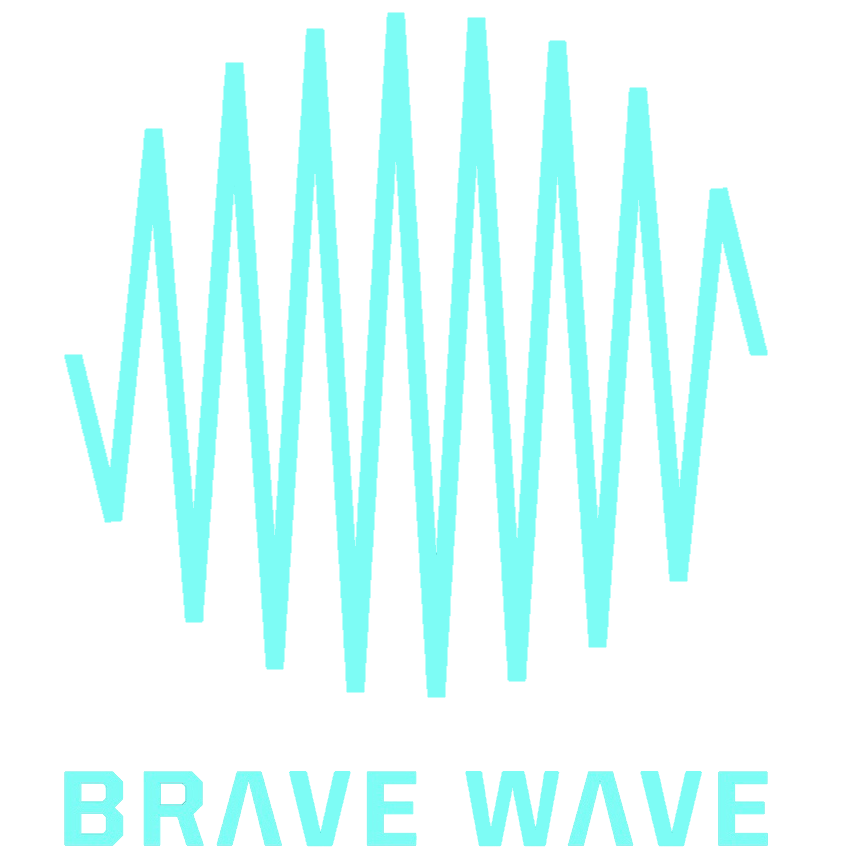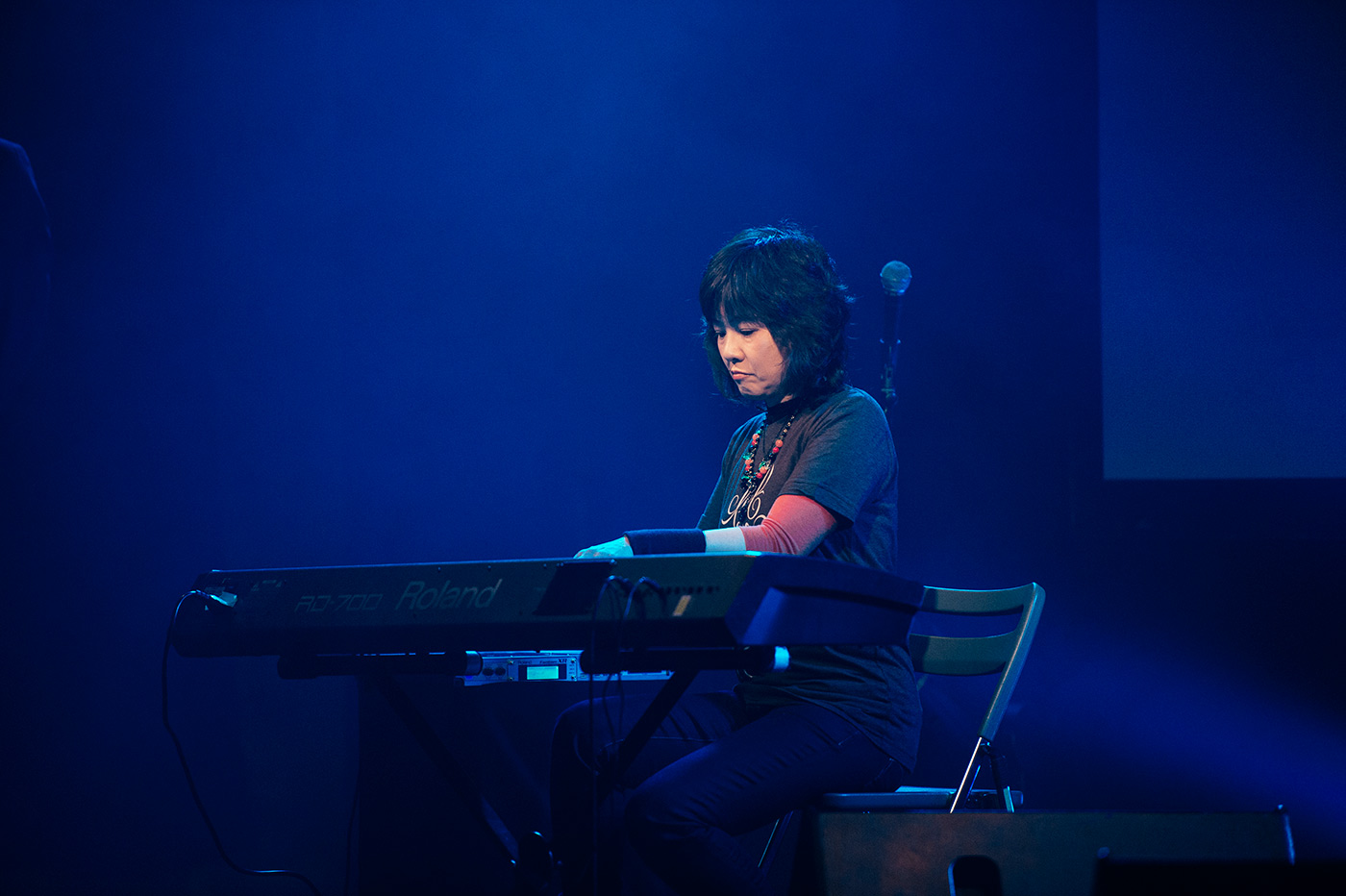My role as Business Development Coordinator at Brave Wave is to find new opportunities that will allow the company to develop. Whereas Mohammed is tasked with (and personally more interested in) getting in touch with music composers, artists and game directors for creative-related discussions, I come from a business-oriented background and thus am always focused on how to explore business opportunities and ensure that Brave Wave can continue to operate. I am always looking to meet successful business people to see what I can learn from them. Of course, when we founded the company, Mohammed and I agreed to preserve a high standard of quality and innovation for each and every album and game we involve ourselves with, and that can be seen in albums such as In Flux or games such as Shovel Knight, which Manami Matsumae contributed two amazing tracks to.
I chose to visit Touchten Games, based in Jakarta, Indonesia as one of my first visits as a fulltime Brave Wave employee. An old classmate and friend of mine, Anton Soeharyo (29), founded the company back in April 2009 while living in Tokyo. Back then, he and his brother, Roki (26), founded the company on one simple principle: to create and deliver games that people will enjoy. Touchten has seen phenomenal growth since that time, and after a few success and failure stories inherent to startups, the company was funded by Cyberagent Ventures for an amount of money that allows them to operate at a loss indefinitely (and they’re definitely not headed in that direction). Their primary aim is to develop a strong gaming scene in Southeast Asia, a market that has traditionally taken a back seat to North America, Japan, PAL territories and China.
Their office, on an upper floor of a high-rise mixed-use complex in the central business district of Jakarta, is a bright and productive working environment. The entrance adopts a custom seen with smaller Japanese offices: people are asked to remove their footwear at the entrance before stepping into the main office area. Even though the amount of space they have is not that much and they are still growing their headcount, they have deliberately dedicated nearly half of it to a leisure space, with a couch, mat, television, and eating counter. Even Anton and Roki have modest desk sizes that are the same as all other staff members despite being the owners of the company, showing that hierarchy is not essential in running a successful team. Outside the windows is a view of Jakarta’s skyscrapers and local houses below. They recently added an annex corner to the office by breaking down a wall and leasing additional space, but Roki suspects that even this expansion will not be enough in the long term.
But in spite of the financing and growth and the pressures associated with them, Anton and Roki refuse to concede quality and entertainment. Moreover, they value the young, energetic and globalized people that have joined their team as engineers, artists, sound composers, interns, PR and management. Every Monday at 10AM, Anton calls a company-wide meeting to discuss weekly plans, goals and deliver an inspirational message. When I was there, Anton wanted to let each and every staff member know how vital they were to the success of the company, and that without good people, there could be no good companies. It reminded me of something Mohammed reminds me of from time to time as we continue to develop Brave Wave into the best gaming music label out there.
I asked the staff to listen to World 1-2: The Complete Collection and In Flux. It just so happens that there were many Mega Man fans among the crew, so they all took an instant liking to One Shot, One Kill and Blue Star, both by Manami Matsumae. They played through the tracklists of both albums all morning, which left me convinced that Brave Wave’s music is suitable for a game development environment. Other people were fans of Akira Yamaoka’s work, while others took a liking to chiptune tracks by Eirik Suhrke and Keiji Yamagishi. Many staff expressed their desire to have Brave Wave’s music put into their game, one for their quality and the other for the internationalization that it would bring to their local titles. It’s a dream for many of them to be in the same project as the likes of Manami, Keiji, Akira and Eirik. Maybe that can happen someday…
As a business, I find Touchten highly inspiring and a good example to draw from in terms of strengthening Brave Wave as a company from behind the scenes (in contrast to Mohammed, whose creative direction forms the face of Brave Wave and is what you will hear about on this blog 90% of the time). Yet, Touchten and Brave Wave are not that similar to each other. Brave Wave makes music for a global audience; Touchten makes mobile and social games that currently are aimed at developing Southeast Asia’s game market with global expansion to come after. Touchten will need to grow its internal staff to maintain its momentum, while Brave Wave needs to connect with more freelance musicians for new opportunities. Still, it was a fantastic experience to be allowed to sit in for a day and see these wonderful people in action, and the fact our companies are actually dissimilar did not stop both sides from appreciating the vision of the other. We are talking about working together on some unannounced projects, but if anything I expect that we will at least be in touch with each other from time to time.
A Conversation With GamesInAsia: Gaming in Southeast Asia
Anton was nice enough to arrange an interview with GamesInAsia, one of Southeast Asia’s most popular video game news websites. The interview was arranged with one day’s notice, as Mohammad Fahmi, a writer for GamesInAsia Indonesia, was surprised that Anton and I knew each other and that I would be in Jakarta for a short time. I spoke with Mohammad and his coworker, Brian Chuang about the vision and history of Brave Wave, and in turn, I had a fascinating conversation with them about Southeast Asia’s growing game market. Gamers here prefer PCs and mobile devices, while consoles and handhelds have a lower share due to their high prices and lack of localization and/or local releases. Moreover, most gamers actually prefer their content to be in English due to its perceived prestige over Bahasa Indonesian and growing English proficiency among young people. This is in contrast to Japan, where games must be localized into Japanese if they are to stand a chance at having commercial success. It is the same reason why Brave Wave recently created a Japanese Bandcamp store with Japanese language product descriptions and Yen pricing.
Mohammad stressed to me that Indonesian gamers certainly love Brave Wave’s music. Mohammad actually told me how he was very eager to buy In Flux from Bandcamp, but because he did not have a PayPal account, he had been unable to and was stuck listening to it for free without downloading it. Indeed, in countries like Indonesia, credit card adoption is restricted to the wealthy and upper middle class and the lower salary standards mean that spending $10 USD on an album like In Flux is akin to an American with a modest salary spending $70 on a new video game after tax. It is not cheap for the developing world to delve into entertainment at first world prices (which explains why piracy is rampant and why there is a lack of content that matches quality standards in the first world).
Interestingly, I looked on iTunes’s Indonesian store and discovered that In Flux only sells for an equivalent of $6 USD there, which is 60% of the Bandcamp price, 50% of the U.S. iTunes price and about 33% of the Japanese iTunes price. This is not something Brave Wave decided to do itself, but apparently Apple has some methodology that ensures pricing for the same content available globally is priced according to local standards. In this case, Indonesia does benefit from a lower objective price (although $6 probably makes up a higher percentage of an Indonesian worker’s daily wage than $10 does for an American). Still, credit cards are needed for the iTunes Store in all countries, which will remain a challenge for some time.
While Brave Wave will continue to focus on North America, Japan, the Middle East and Europe for its growth, in a few years, it will be interesting to see whether Southeast Asia can form a bigger chunk of the pie than it currently does. We also hope that we can work with a talented musician from this part of the world and let gamers from all around the globe experience his or her wonderful music. If you are or know someone, definitely get in touch with Mohammed or myself and let’s see if we can create awesome art together!












